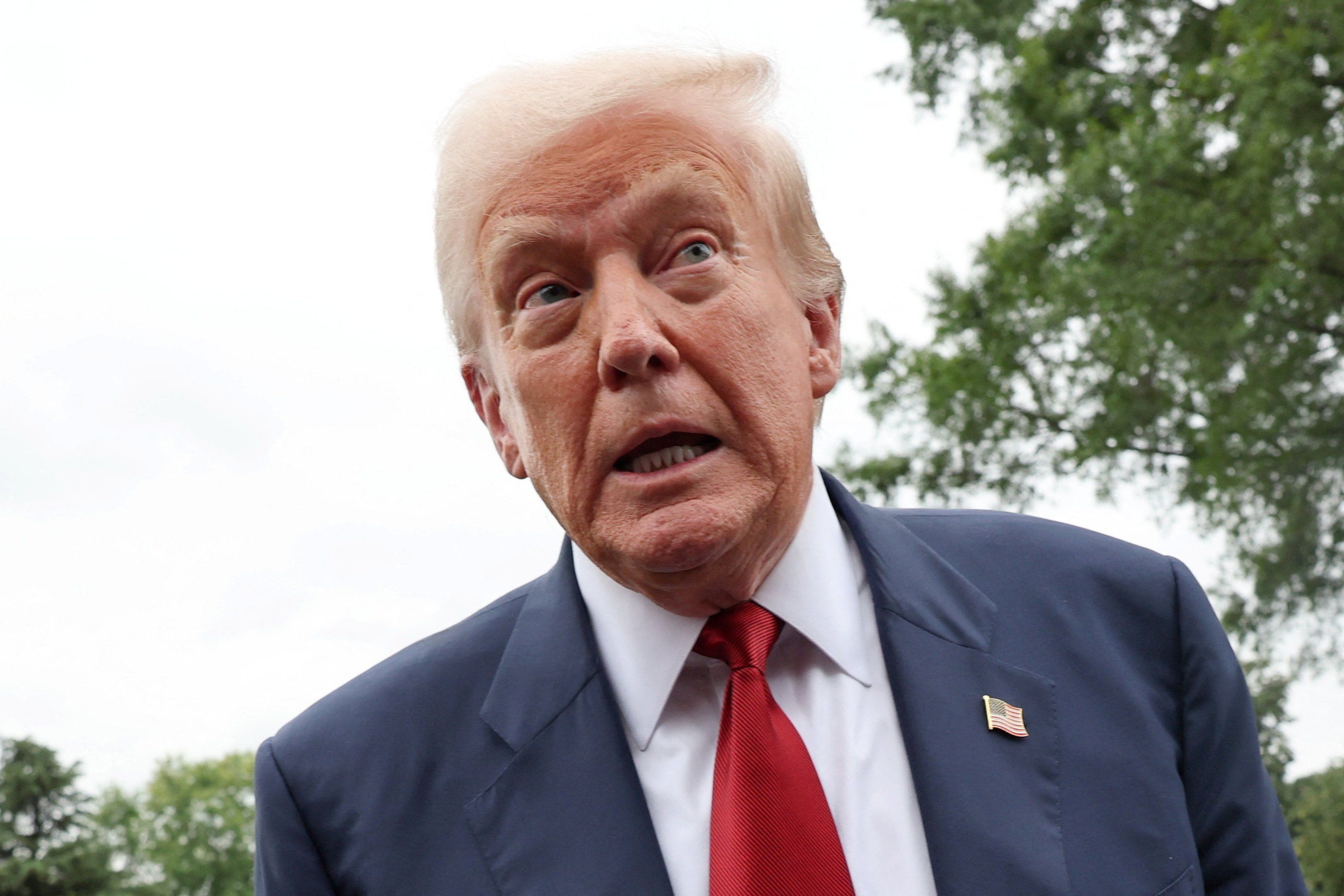It was 38 years ago, in 1987, that Donald Trump wrote his book "The Art of the Deal" with the help of journalist Tony Schwartz. And in 2025, now-President Trump still fancies himself a dealmaker.
But during an interview with the New York Times' David Marchese, former FBI agent Chris Voss argued that Trump has a secret weapon: "empathy."
The word "empathy" isn't one that Trump's critics associate with him. But Voss, who specialized in hostage negotiation during his decades at the FBI, argued that "empathy" isn't fully understood during the interview — which the Times, on August 16, posted as both a Q&A article and a video.
READ MORE: 'Truly shocking': Security fears mount as Trump takes off with ‘Russian KGB spy’
"Let's talk about empathy as a skill, not an emotional characteristic," Voss told Marchese. "If you start there, then it frees you up to use it as a skill with anybody on Earth. Because the act of trying to articulate how the other side is feeling calms you down. It kicks in a certain amount of reason in you. It broadens your perspective. Now, what's the percentage of people that will never go there? Hostage negotiators are successful roughly 93 percent of the time. You've got to accept the fact that 7 percent of the time, you're never going to make a deal with the other person."
Trump, Marchese argued, views "empathy" in a "tactical" way. According to Marchese, "tactical empathy" was a major asset in hostage negotiations during his years at the FBI.
Voss told Marchese, "Empathy is thought of as: 'Oh, I feel bad for you. I'm on your side.' This soft, spongy thing. Back when Hillary Clinton ran for president, she said: I'm going to use empathy in international negotiations, and she gets barbecued for it as if it's weakness. It's not. So we threw the word 'tactical' in front of it. The same way you can't teach a Navy SEAL 'yoga breathing,' you've got to tell them it’s 'tactical breathing.'"
Marchese, during the interview, noted that Tesla/SpaceX Elon Musk described "empathy" as the "fundamental weakness of western civilization."
READ MORE: 'Malicious compliance': How one judge is not-so-subtly defying SCOTUS’ far-right 'shadow docket'
But Voss told Marchese, "The first thing is: What's your definition of empathy? If it's being able to articulate the other side's point of view without agreeing with it or disagreeing with it, it's not a weakness. It's a highly evolved application of emotional-intelligence analysis. Now, is it manipulation? Similar to a knife, in one person's hand it’s a murder weapon, and in another person's hand, it's a scalpel and saves the life. So it's an incredibly powerful tool that relies upon the user."
READ MORE:'Psychologically infuriating': Insiders warn even Trump’s 'brave face' can’t shield him from voters
Watch the video below or at this link; read David Marchese's full New York Times interview with Chris Voss here (subscription required).
- YouTubewww.youtube.com
